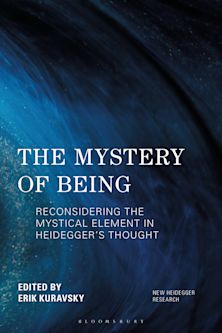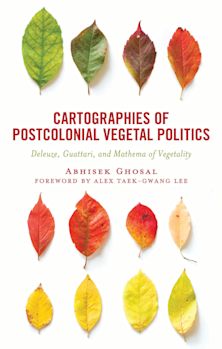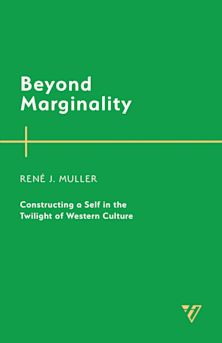- Home
- ACADEMIC
- Philosophy
- Philosophy - Other
- Unmixing the Intellect
This product is usually dispatched within 1 week
- Delivery and returns info
-
Free US delivery on orders $35 or over
You must sign in to add this item to your wishlist. Please sign in or create an account
Description
In recent years the majority of scholarship on Aristotle's philosophy of mind has concentrated on his account of sensation and has generally sought to find in his ancient account insights applicable to contemporary materialistic explanations of mental life. Challenging cognitivist and functionalist interpretations, this volume argues that Aristotle believed the mind to be unmixed, or separate from the body. Through careful textual analysis of De Anima and other key texts, the author shows that the Greek philosopher made a clear distinction between perception-an activity realized in material sense organs-and thinking-a process that cannot occur in any material organ. This innovative interpretation of Aristotle's theory of cognitive activities is a worthy contribution to an ongoing debate.
Table of Contents
Introduction
Aristotle and Contemporary Theories of Mind
The Separability of Nous and Cognitivist Functionalism
The Similarities between Novc and Sense
The Relationship of Sense Powers to Their Organs
The Difference between Aisthesis and Nous
Bibliography
Index
Product details
| Published | Jun 30 2003 |
|---|---|
| Format | Hardback |
| Edition | 1st |
| Extent | 184 |
| ISBN | 9780313323775 |
| Imprint | Praeger |
| Dimensions | 9 x 6 inches |
| Series | Contributions in Philosophy |
| Publisher | Bloomsbury Publishing |



































